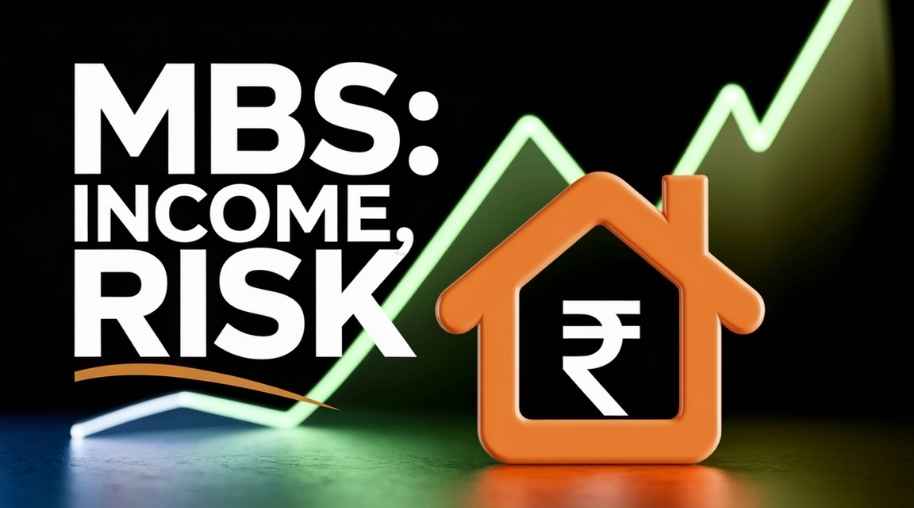DSIB Full Form-Domestic Systemically Important Bank
by Shashi Gaherwar
0 1789
Domestic Systemically Important Banks (D-SIBs): Definition, Criteria, and Impact on the Economy
Domestic Systemically Important Banks (D-SIBs) are critical to economic stability, classified as "Too Big to Fail" due to their potential to disrupt the financial system if they fail.

This article examines the role, criteria, regulations, and economic impact of D-SIBs.
What are Domestic Systemically Important Banks (D-SIBs)?
D-SIBs are banks whose failure could destabilize the financial system. In India, the RBI designates them, imposing stricter regulations and higher capital buffers.
Why Are D-SIBs Important?
D-SIBs are vital for:
- Systemic Risk Prevention: Avoid domino effects from failures.
- Banking Confidence: Enhance trust via oversight.
- Bailout Reduction: Lower taxpayer-funded risks.
- Economic Stability: Support lending and growth.
Criteria for Identifying D-SIBs
RBI evaluates D-SIBs based on:
- Size: Large asset base relative to GDP.
- Interconnectedness: Extensive financial links.
- Substitutability: Difficulty replacing services.
- Complexity: Complex transactions across sectors.
D-SIBs in India
Current D-SIBs include:
- State Bank of India: Most systemically important.
- HDFC Bank: Significant market share.
- ICICI Bank: Key financial player.
Regulatory Requirements for D-SIBs
D-SIBs must meet:
- Capital Adequacy: 0.2%–1% extra CET1 capital.
- Supervision: Close RBI monitoring.
- Recovery Planning: Comprehensive risk frameworks.
- Stress Testing: Ensure resilience to shocks.
Impact of D-SIBs on the Economy
D-SIBs influence:
- Banking Stability: Reduce failure risks.
- Investor Confidence: Boost trust via safeguards.
- Borrowing Costs: Higher due to capital needs.
- Competition: Challenge for smaller banks.
Challenges Faced by D-SIBs
D-SIBs face:
- Regulatory Burden: High compliance costs.
- Capital Needs: Impact profitability.
- Expectations: Pressure for consistent performance.
- Moral Hazard: Risk-taking due to TBTF perception.
Future of D-SIBs in India
As India’s economy grows, more banks may become D-SIBs, with evolving regulations balancing risk management and economic growth.
Domestic Systemically Important Banks (D-SIBs) ensure financial stability through stringent oversight and capital buffers, mitigating systemic risks and supporting economic resilience.
Further Learning Resources
If you’re passionate about building a successful blogging website, check out this helpful guide at Coding Tag – How to Start a Successful Blog. It offers practical steps and expert tips to kickstart your blogging journey!
For dedicated UPSC exam preparation, we highly recommend visiting www.iasmania.com. It offers well-structured resources, current affairs, and subject-wise notes tailored specifically for aspirants. Start your journey today!

Share:








Comments
Waiting for your comments